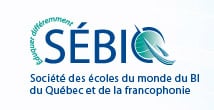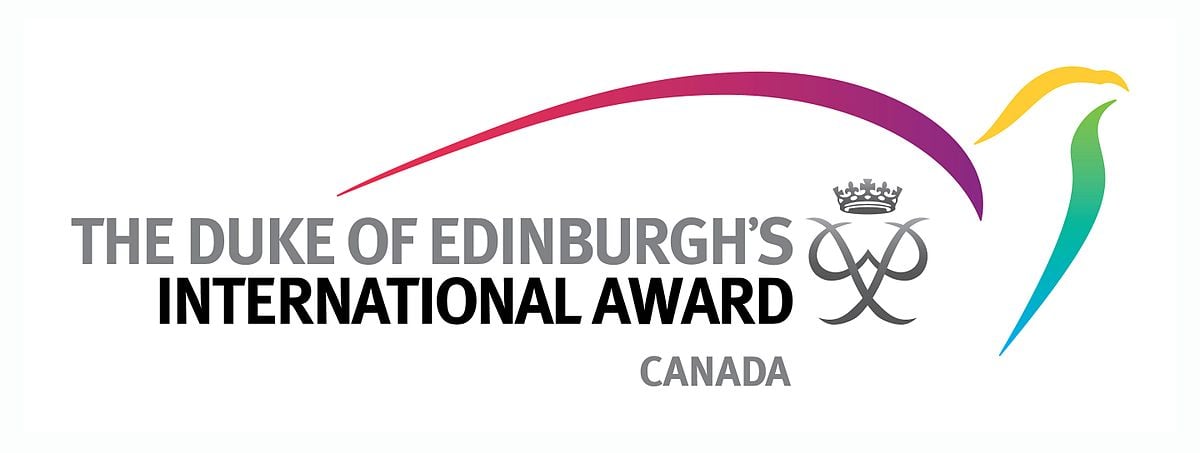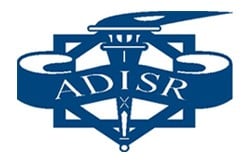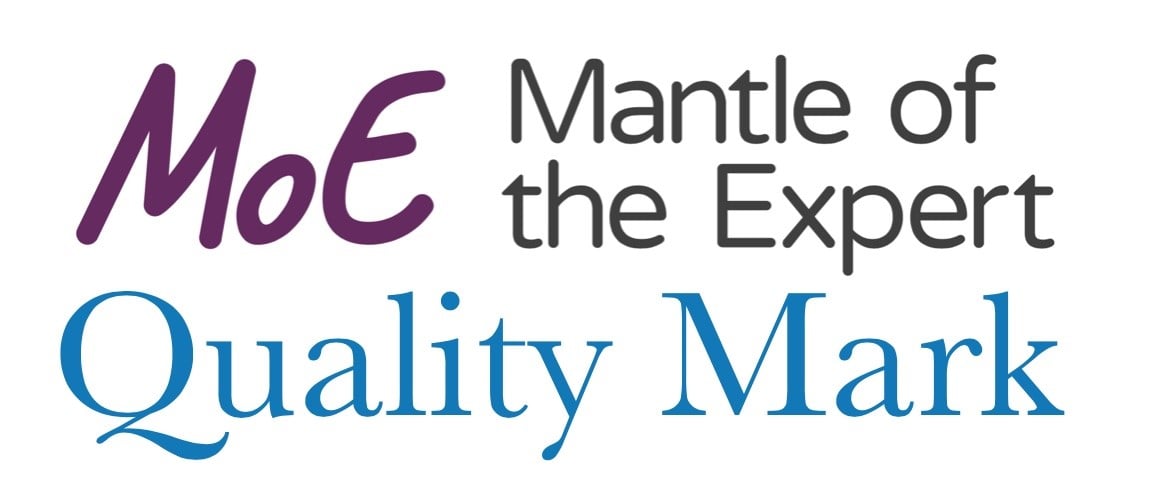Do children learn languages more easily than adults?
You often hear that “It’s so easy for kids to learn a new language”, but is it really true? Yes and no – the truth is more nuanced. Children are better than adults at some aspects of language learning, but adults are not at a complete disadvantage either.
Advantages for adults
While children achieve native-like fluency in the long run, adults actually learn languages more quickly than children in the early stages. (Krashen, 1979).
Adults have some advantages when it comes to language learning because they have pre-existing knowledge of how language works as well as better grammar, syntax, punctuation and spelling. We can use our knowledge of linguistic structures to help us learn a new language, while kids either lack this knowledge or don’t apply it to second language acquisition.
Advantages for children
When it comes to pronunciation, children are better than adults. This is because, biologically, a child’s brain is more open to new sounds and patterns than an adult’s. Children often have greater degrees of immersion, i.e. schooling in the target language, which may not be available to adults. Moreover, children are generally less inhibited about making mistakes, which means they probably produce more of the language than an adult, at least in the early stages.
Do younger children have an advantage over older children?
There is not a clear consensus on this question, but the research generally indicates that the older a child, the greater facility she will have in acquiring a second language. This is due in part to the importance of a child’s mother tongue development in the acquisition of additional languages – the more you know about language, the easier it is to acquire additional ones. (more on this in a future post).
What about the critical period hypothesis?
The critical period hypothesis posits that one’s ability to acquire language is biologically linked to age and consequently, there is an ideal time frame in which to acquire language, after which it becomes much more difficult and requires greater effort. According to the critical period hypothesis, there is a period from early childhood to adolescence in which full native competence is possible when acquiring a new language. The critical period hypothesis tracks with the common belief that children are better language learners, but as we have seen this is not necessarily true and hence this critical period hypothesis is not universally accepted.
If you are interested in more myths about second language acquisition see https://www.youtube.com/watch?v=LVYhpCprtzQ&feature=youtu.be
Written by Lisa Conner













